How Will AI Shape the Future of Cardiology?
AI is already making a difference in healthcare and cardiology, and its potential is just beginning to unfold. From transforming diagnosis to enabling personalised treatments, AI promises to bring faster, more accurate care tailored to each patient’s unique needs.
This is an exciting time, but with great potential comes the responsibility to ensure AI is safe, reliable, and patient-centered. A thoughtful, evidence-based approach is essential to harness its full benefits.
That’s why we’re taking the lead by establishing the Digital Cardiology and Artificial Intelligence (DCAI) Committee. This dedicated team is focused on building a clear roadmap for integrating AI into cardiology, ensuring these innovations enhance care while upholding the highest standards for every patient.
Together, we’re shaping a future where AI not only advances cardiology but also empowers clinicians and improves lives. By focusing on critical areas such as data quality, evaluation frameworks, stakeholder engagement, and continuous collaboration, the ESC aims to lead the way in the safe and effective use of AI in cardiology.
Prof. Folkert W. Asselbergs, Chair of the DCAI Committee
Find out more about the AI Roadmap in this European Heart Journal CardioPulse article.

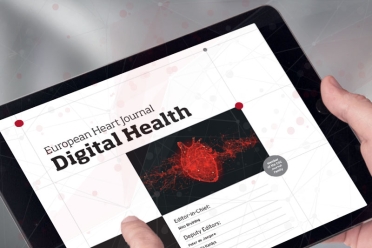

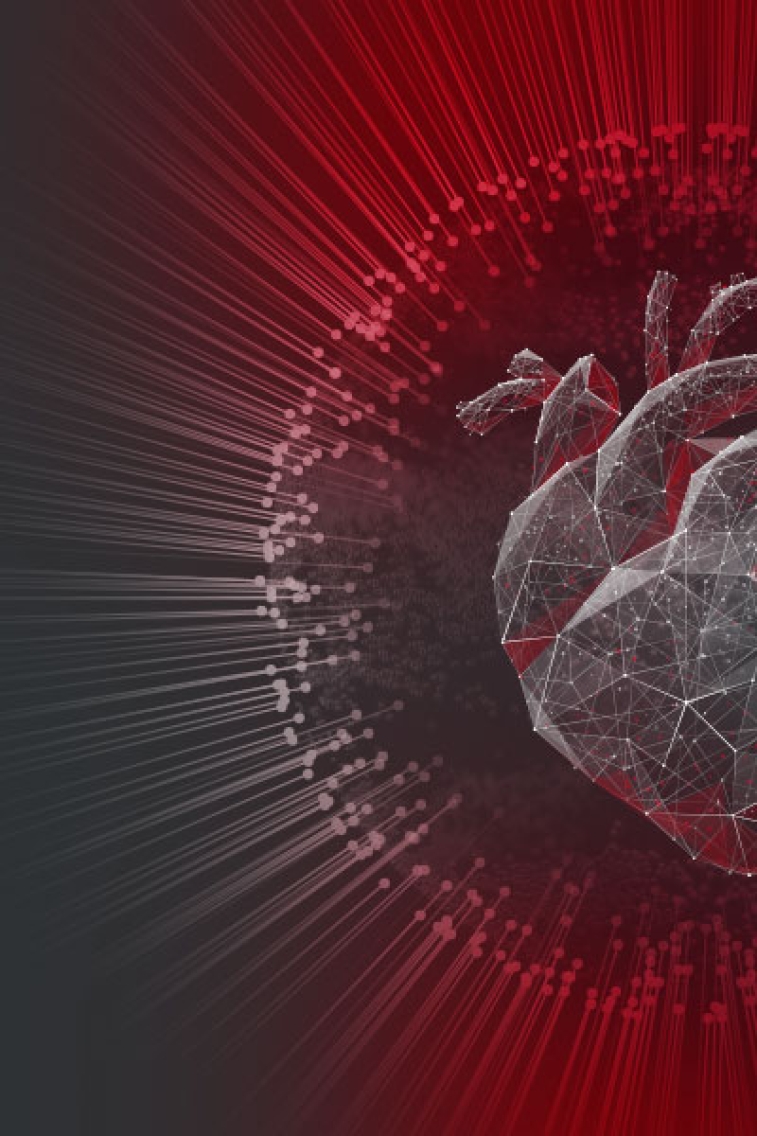
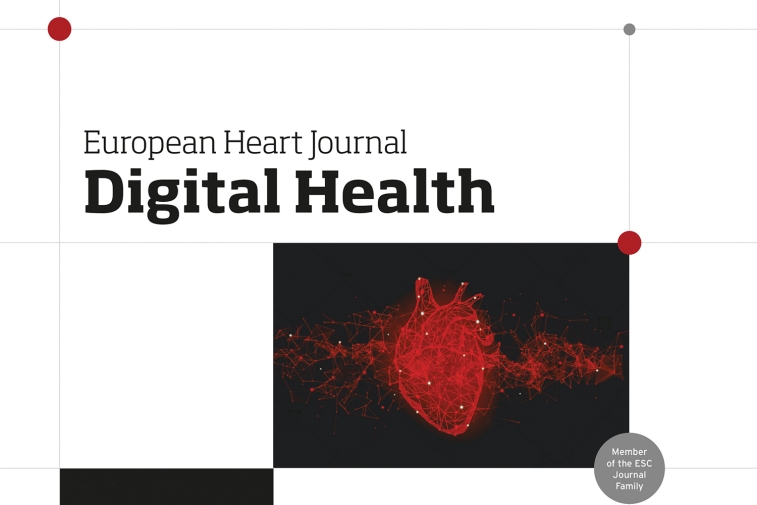
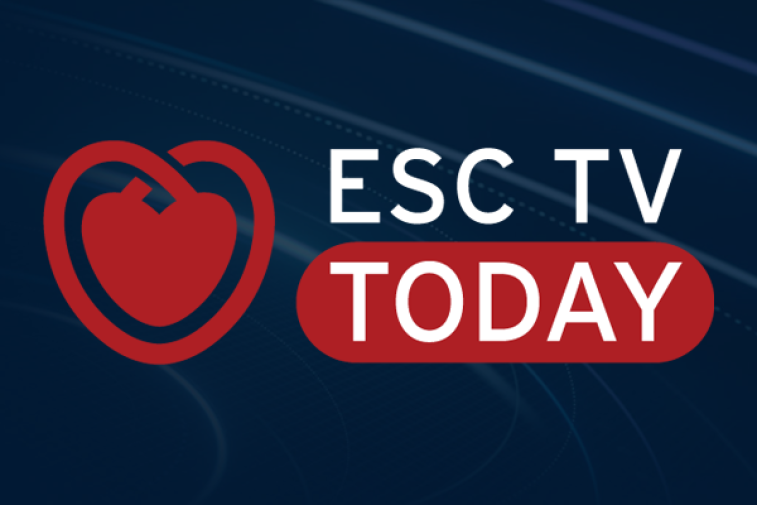
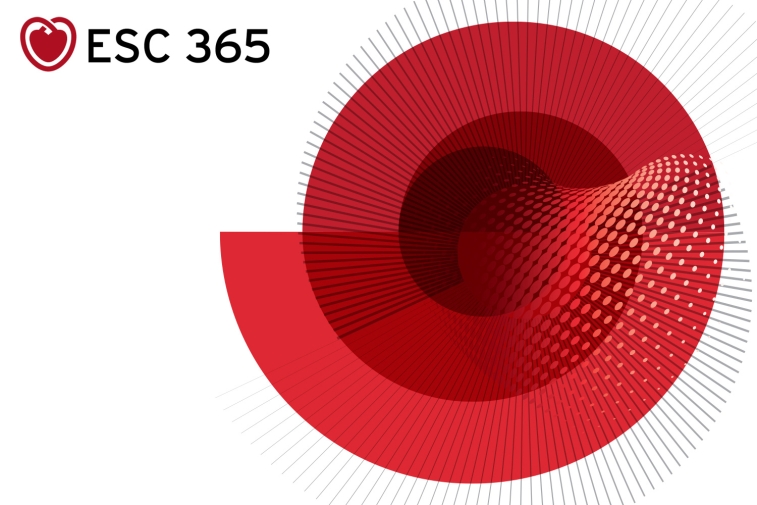




 Our mission: To reduce the burden of cardiovascular disease.
Our mission: To reduce the burden of cardiovascular disease.